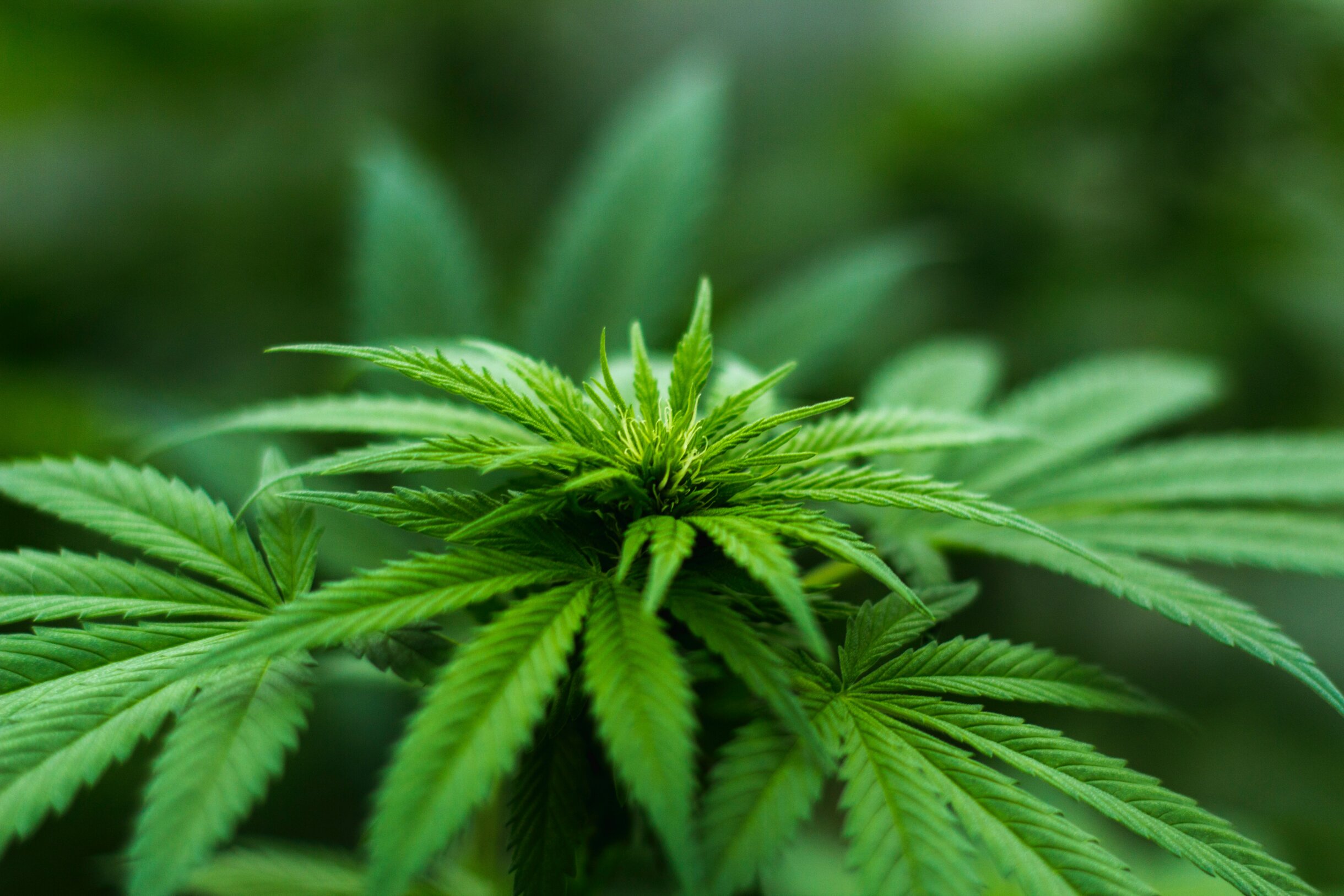
High-performance liquid chromatography (HPLC) can typically be broken down into either preparative, semi-preparative, or analytical methods. The user´s aim defines which method is applied:
Analytical HPLC for New Marketplaces
Many market sectors use a combination of both preparative and analytical HPLC for quality assurance and control (QA/QC) protocols, which is increasingly the case for the rapidly changing cannabis industry. This is largely due to a change in public perceptions about the drug itself, which has been reflected in dramatic changes of legislation and policy in countries that have stoically prohibited the use of cannabis in the past. The US and Canada now boast booming legal cannabis industries, thought to be part of a global market worth over $20 billion. This industry is forecasted to top $60 billion within the next five years.
Although cannabis is quickly becoming a commodity the world over, researchers are still reliant on analytical HPLC to detect and characterize cannabinoids in various strains of the drug. Currently, more than 100 different cannabinoids have been extracted from the plant, but as few as 17 have been characterized in-depth. This is partially due to the extreme diversity of cannabinoids within samples; which are often present at trace levels.
What are Cannabinoids?
Cannabinoids are a class of chemical compounds that interact with the body’s endocannabinoid system (ECS), causing a broad range of pharmacokinetic effects. These derive almost exclusively from phytocannabinoids and cannabinoid acids in cannabis.
Due to the continuous cross-breeding of different cannabis species belonging to the Cannabaceae family, practically all cannabis plants can be categorized under a single, over-arching hybrid class. Different cannabis strains are now, consequently, characterized by chemotype. These chemotypes are based on the concentration of the primary cannabinoids in the plant.
Analytical HPLC has been used to explore the reported 100+ distinct cannabinoids extracted from the plant. These can be further subcategorized into groups of similar chemical structures. For example, the main psychoactive compound of cannabis, tetrahydrocannabinol (THC), actually encompasses two chemical groups (∆9-THC and ∆8-THC) that include at least 10 different types of cannabinoids. Cannabidiol (CBD), which is revered for its medicinal properties, refers to no less than seven distinct cannabinoid types.
Analytical HPLC provides a quantitative basis for classifying cannabis according to chemotype. It is superior to many alternative techniques as performance is not temperature-dependent, which guarantees that even cannabinoids at the lowest concentration are unlikely to undergo decarboxylation. This ensures that analytical HPLC provides the greatest insight into cannabinoid concentration in the native state, meaning results are more representative of the actual crop.
Analytical HPLC with Knauer
Knauer specializes in the development of both preparative and analytical HPLC solutions, providing professionals and scientists alike with the tools necessary for in-depth quantitative studies. Our AZURA® Analytical HPLC systems are available for cannabinoid analysis with a choice of isocratic binary high-pressure gradient (HPG) or quaternary low-pressure gradient (LPG) pumps.
If you would like any more information about performing analytical HPLC with Knauer products, simply contact a member of the team today.

The Cannabis Profiler is a dedicated AZURA Analytical HPLC system for the analysis of six common cannabinoids of high medicinal interest. Cannabidiol (CBD), cannabidiolic acid (CBDA), cannabinol (CBN), Δ8-tetrahydrocannabinol (Δ8-THC), Δ9-tetrahydrocannabinol (Δ9-THC), and Δ9-tetrahydrocannabinolic acid (Δ9-THCA) can easily be quantified according to the monography of German Pharmacopeia.
Disclaimer:
KNAUER does not endorse the use of its products in connection with the illegal use, cultivation or trade of cannabis products. KNAUER does not endorse the illicit use of marijuana, we merely provide an overview of the methods and systems of cannabis analysis.